 FOR IMMEDIATE RELEASE ROCKLAND, MA, ISSUED AUGUST 4, 2020….The South Shore Chamber of Commerce (www.southshorechamber.org), is pleased to announce a partnership with the Metropolitan Area Planning Council (MAPC) to analyze key development opportunities on the South Shore with a $75,000 grant from MassDevelopment and $25,000 from the South Shore Chamber’s Economic Development Corporation. The Chamber will work with MAPC to conduct a high-level assessment of water and wastewater supply and demand dynamics for a number of potential growth areas in the South Shore region. This will include parts of the city of Weymouth and towns of Hanover, Hingham, Norwell and Rockland. This assessment will help to determine where water and wastewater infrastructure could be expanded to allow for more commercial and residential development. The grant is part of over $3.6 million allocated to projects in the fourth annual round of the Site Readiness Program awards. These awards provide vital resources to municipalities, private-sector businesses and nonprofit economic development entities to help overcome obstacles to developing otherwise prime locations. The program aims to boost Massachusetts’ supply of large, well-located, project-ready sites; accelerate private-sector investment in industrial and commercial projects; and support the conversion of abandoned sites and obsolete facilities into clean, actively used, tax-generating properties. “We are proud to partner with MAPC in their mission to promote smart growth and regional collaboration across the South Shore,” said Peter Forman, President and CEO of the South Shore Chamber of Commerce. “The work they do is essential for the region and is a perfect complement to our ongoing comprehensive economic and community development plan South Shore 2030.” “MAPC looks forward to building on the regional planning work that we’ve already completed with the South Shore Chamber, municipal leaders, and the private sector to facilitate thoughtful development on the South Shore,” said Betsy Cowan, Chief of Economic Development at MAPC and the coordinator for the agency’s South Shore Coalition subregion. “We know that infrastructure constraints affect development on the South Shore, and we see this as an opportunity to identify shared solutions to unlock the full potential of the region. We are grateful for the continued leadership of the South Shore Chamber and look forward to this partnership. About the South Shore Chamber of Commerce The South Shore Chamber of Commerce has long been recognized throughout the state as one of the most active and forceful advocates for the business community and numbers among the larger Chambers of Commerce nationally. The South Shore Chamber is a not-for-profit association of businesses in the communities south of Boston. It is committed to helping its members grow their businesses and to improve the business climate in the region. Members range in size from major international corporations headquartered on the South Shore to small local firms and sole proprietorships. For additional information on the Chamber, please visit www.southshorechamber.org or call 781-421-3900. About the Metropolitan Area Planning Council The Metropolitan Area Planning Council (MAPC) is the regional planning agency serving the people who live and work in the 101 cities and towns of Greater Boston. MAPC’s mission is promoting smart growth and regional collaboration. Learn more and read our blog at www.mapc.org, and follow MAPC on Twitter and Facebook @MAPCMetroBoston. Contact: pforman@southshorechamber.org Contact: bcowan@mapc.org Media: Jim Farrell, PR First, 781-681-6616, jfarrell@prfirst.com
0 Comments
The state’s 2011 gaming law designated certain levels and types of gaming activity in specific regions of the state. Half of the South Shore falls in Region C which includes the Cape and Islands, Bristol and Plymouth Counties. Norfolk County is in Region A. There are two categories of facilities.
The South Shore Chamber of Commerce Board of Directors recently endorsed House Bill 4070, An Act Relative to the Authority of the Massachusetts Gaming Commission, which will allow the gaming commission to consider a Category 2 license as well as a Category 1 license in the region. The Chamber covers approximately 25 communities along Route 3; about half of which are in Region C. The goal of the Expanded Gaming Act in 2011 was to promote economic development and job creation throughout the state. Specifically, this law allowed up to three destination resort casinos located in three geographically diverse regions across the state and a single slots facility at one location statewide. Today, destination resort casinos are up and running in Regions A & B, with a slots facility also operating in Region A. The Chamber is actively engaged in regional economic development work to make the area more economically competitive. This includes broadening our current economic base. We find it troubling that part of our region in Southeastern Massachusetts is almost effectively blocked under current legislation from even considering a gaming option in this area since the prospects, if any, of a full resort casino in Region C appear distant. The Chamber’s support for H 4070 is to allow consideration of options. We have not taken any position on any specific gaming proposal. We simply believe that the region should at least have some options open for new development. Likewise, it is our hope that the Commission will reopen the licensing process so proposals can be considered.  Dr. Mark Melnick of The Donahue Institute spoke at our Economic Outlook breakfast co-sponsored with Envision Bank. We are pleased to share his presentation which included some nice comparisons on how the South Shore stacks up with the rest of the state on key economic factors. It validated some of our work on South Shore 2030 to make the region economically stronger. We were particularly impressed with three slides:
Attending the Baker Administration’s Economic Development Listening Session @ UMass Dartmouth7/2/2019 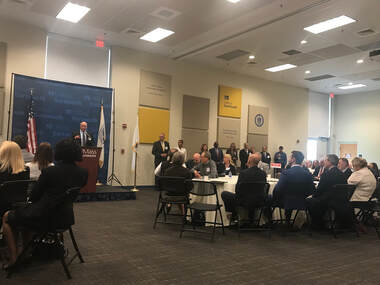 The Baker Administration has been hosting some regional listening sessions to get input for its economic development strategy -- I participated in one of these in May at UMass Dartmouth. It was the closest session scheduled to us geographically. The session was held by Lt. Governor Karyn Polito, Housing and Economic Development Secretary Michael Kennealy to help inform the Baker-Polito Administration’s economic development strategy for the next four years. The new economic development strategy will be signed by the Governor at the end of this year and guide the administration's legislative agenda. The room was filled with over 150+ people -- town officials, business professionals, business leaders, non-profits, community leaders, residents, students – an abundance of key stakeholders in the conversation joined in for the conversation. Key themes that came out of the two roundtables that I participated in were spot on with what we are hearing from business leaders across the South Shore: Lieutenant Governor Karyn Polito joined the Chamber and South Shore Economic Development Corp. (SSEDC) leaders, Braintree Mayor Joe Sullivan, Weymouth Mayor Bob Hedlund, and area developers in a discussion held June 4 that focused on economic development and housing initiatives both generally around the Commonwealth and more specifically throughout the South Shore and the Braintree/Weymouth Landing.
Throughout the discussion, which started at Landing 53 (25 Commercial Street, Braintree), Lt. Gov. Polito discussed how the initiative, South Shore 2030, launched by the South Shore Chamber is very similar to what she and Governor Baker are looking to achieve across the Commonwealth, and how the leadership of the mayors and the business community took this vision and made it a reality at the Landing. A plan is important, she said, but without resources and partnerships, it cannot be implemented. March 20, 2019 Over 250 attendees gathered for the 2nd Annual South of Boston Summit hosted by the New England Real Estate Journal & the South Shore Chamber of Commerce to hear from key stakeholders about real estate development throughout the region. The program included a keynote address from Rich Beal of A.W. Perry, panel discussions on changing commercial real estate and how the South Shore is attracting various business in the region as well as a roundtable update on the Hanover Crossing project at the Hanover Mall. Attendees heard from Peter Abair of MassEcon, Patrick Brady of Cornerstone Realty Capital, Tim Cahill of Quincy Chamber of Commerce, David Ellis of Ellis Realty Advisors, Peter Forman of South Shore Chamber of Commerce / South Shore Economic Development Corporation, Ian Frenette of the Boston Cannons, David Gilmore of Pyramid Management Group (Kingston Collection), Josh Katzen of Forest Properties and Steven Kelly of Timberline Construction. Thank you to our sponsors! Platinum: A.W. Perry Corporate: Ellis Realty Advisors, Timberline Construction, Inspired Technology and Communications LLC, Zaxia Vendor: Cornerstone Realty Capital, PREP – Hanover Crossing, U.S. Pavement Services Inc., Bedford Cost Segregation, iCorps Technologies More photos can be found in our gallery.
Key stakeholders gathered at the beginning of the month to recognize some critical leadership in the next phase of South Shore 2030’s Housing Initiative. The business voice is a critical component to moving the number on our housing goal of 44,000 new units by 2030. It isn’t only about increased housing production, but the right kind of housing in the right locations – some key housing developments and town initiatives were highlighted during the event and can be found on South Shore 2030’s housing page. Getting to that 44,000 number will take a lot of effort and leadership from community members, local officials from all 25 communities, small business, big business, all industry representatives. This is bigger than just increasing the number of homes on the South Shore – it is about building our communities and supporting the economic vitality of the region. We have some great leadership here on the South Shore and Rockland Trust’s, Christopher Oddleifson, is leading the charge with a $35,000 contribution to support the project work. Check out some of the media coverage of this announcement from the sources below. For more information about the Housing Initiative and/or to get involved in the conversation, contact Courtney Bjorgaard at cbjorgaard@southshorechamber.org or 781.421.3915.
I attended a briefing for business groups with Secretary of Transportation Stephanie Pollack. We tend to focus a lot our transportation attention on the MBTA and major highways. My meeting was a good reminder of how much depends on local roads and bus services.
More people are served by buses than rail lines. As the Secretary noted we need to pay more attention to bus service but almost every improvement from changing a stop, creating bus lanes, or having necessary curb cuts for stops all require partnership with local communities. Our own work for regional development is now moving more toward local transportation needs to travel within the region rather than just the commute into and out of Boston. - Peter |
Archives
March 2024
Categories
All
|
Upcoming Events
|
|

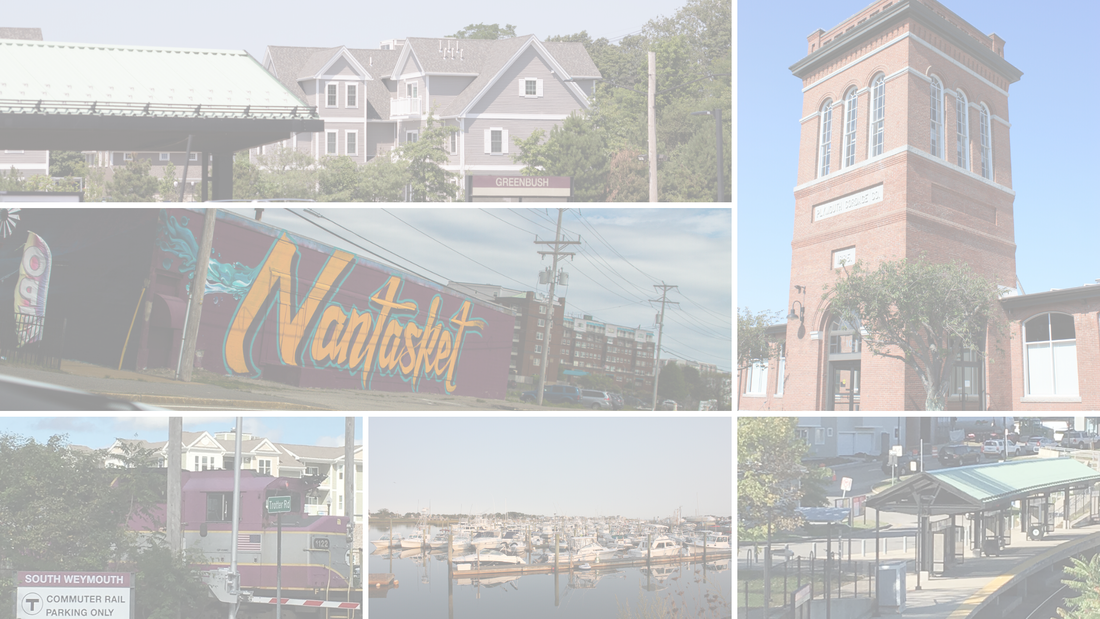





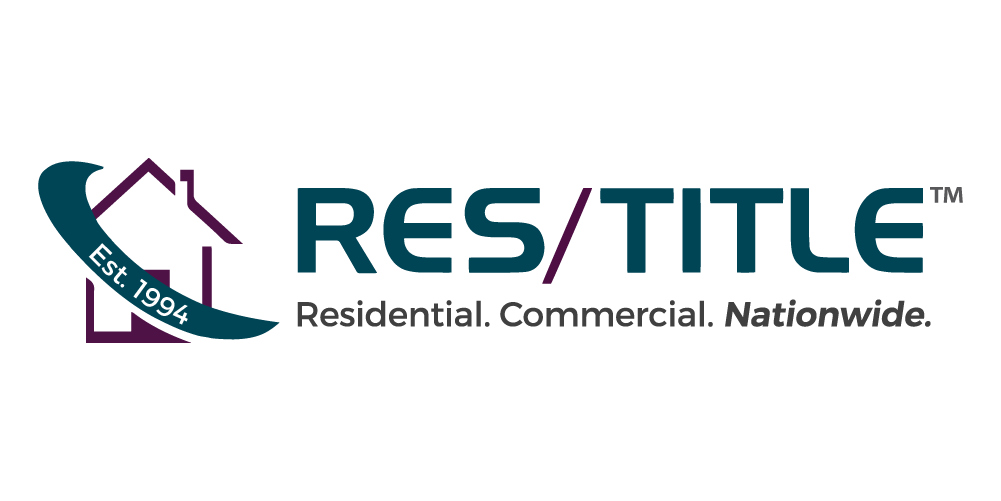





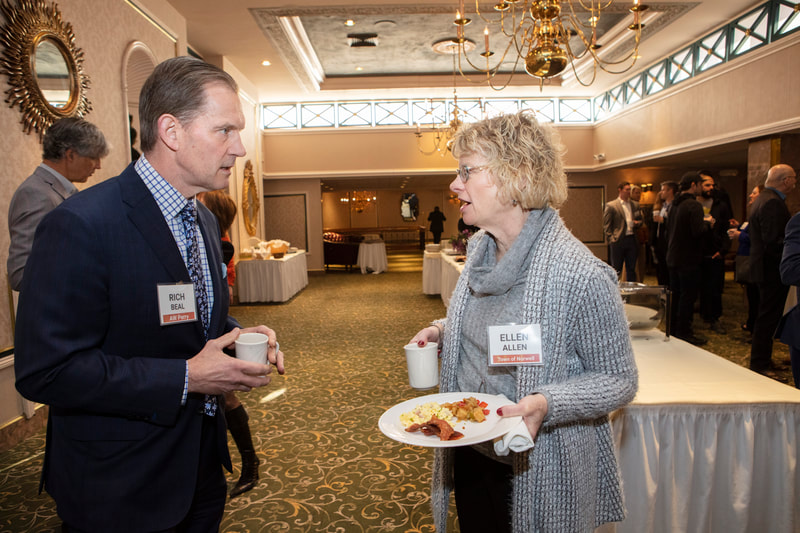
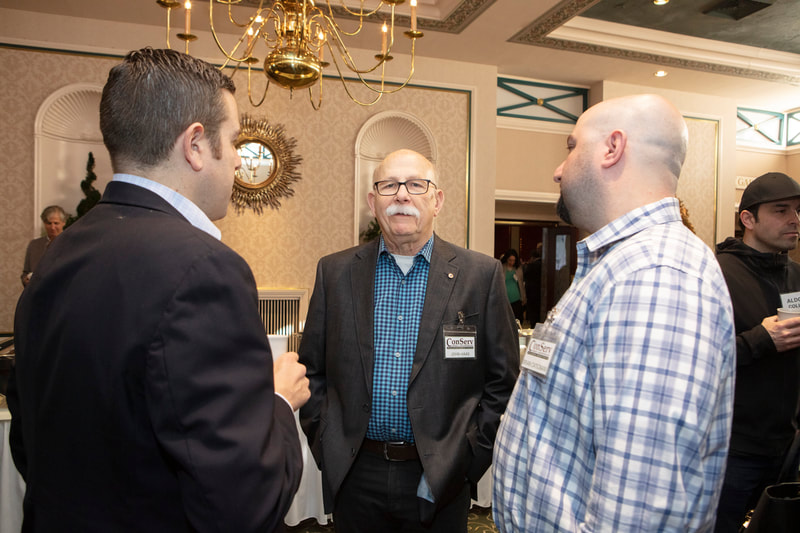



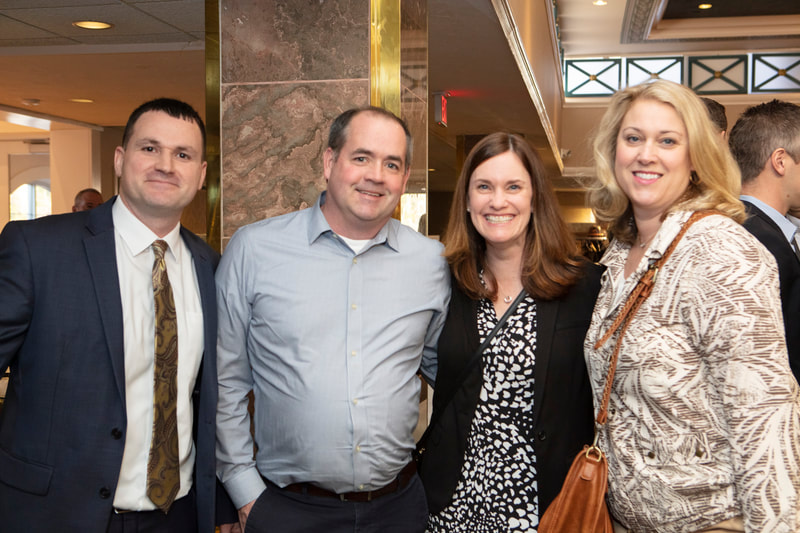

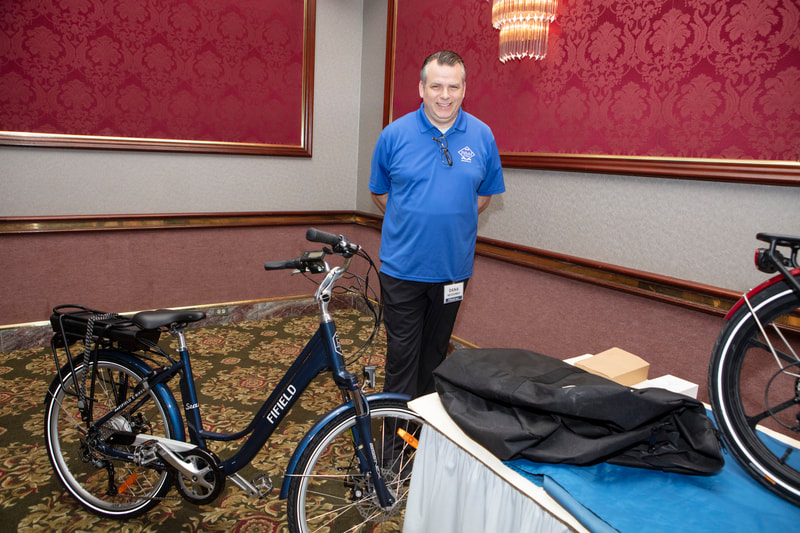


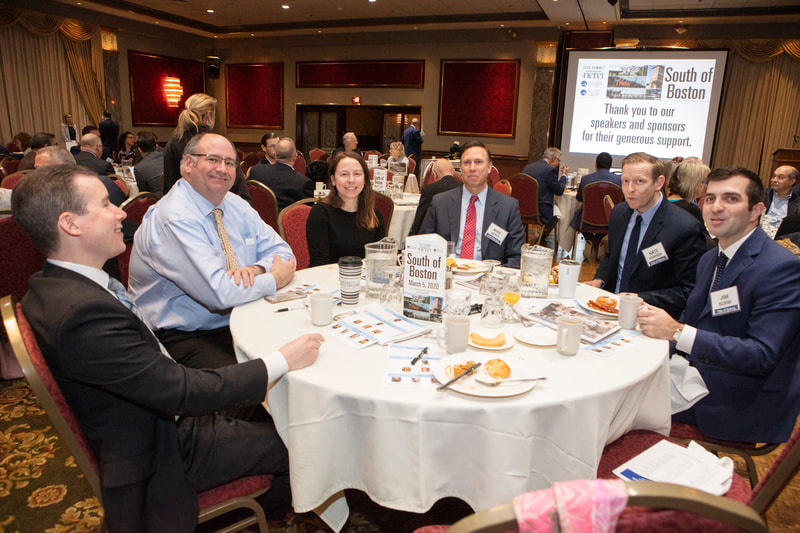


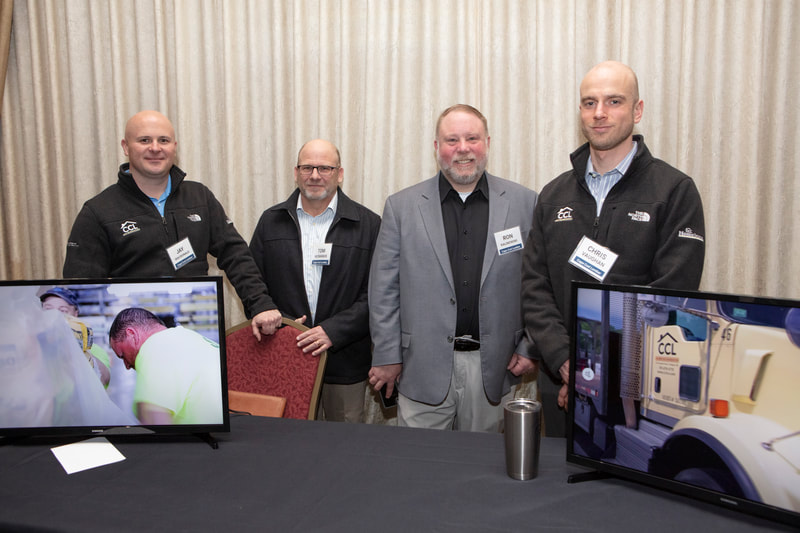
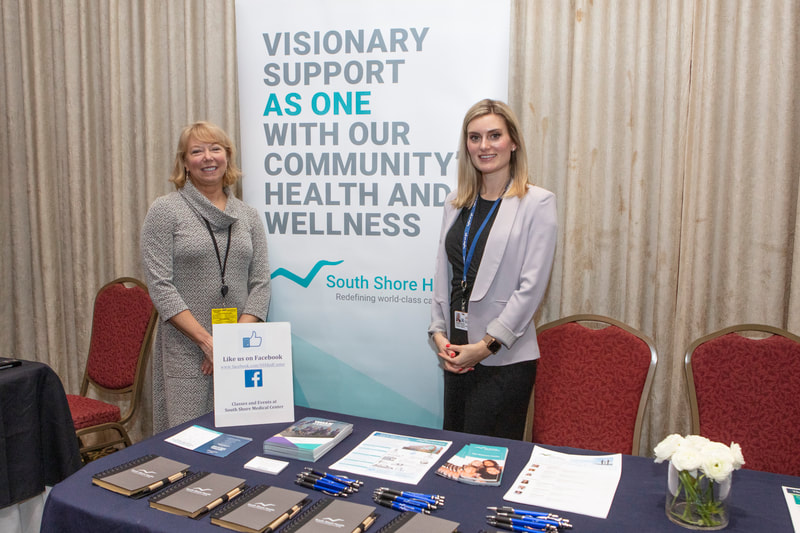







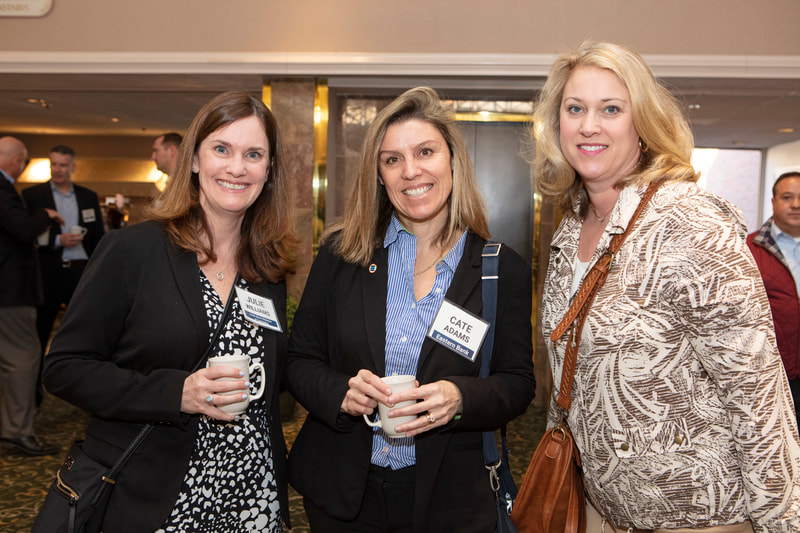
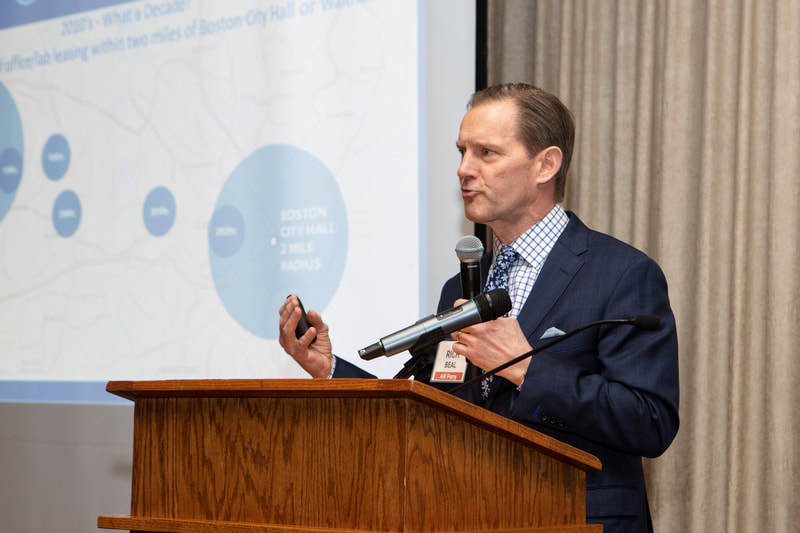

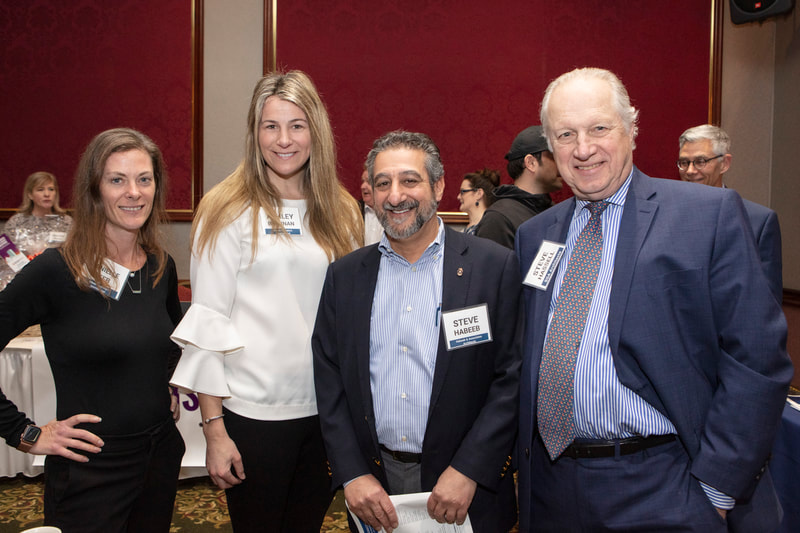
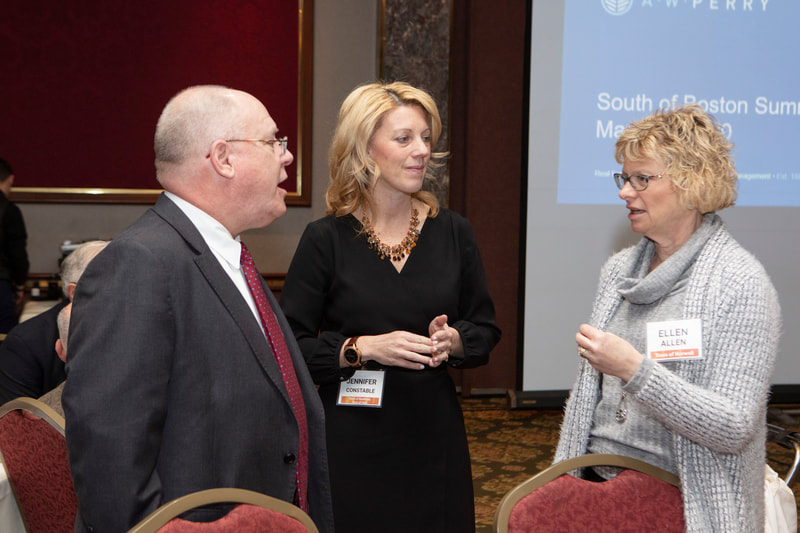
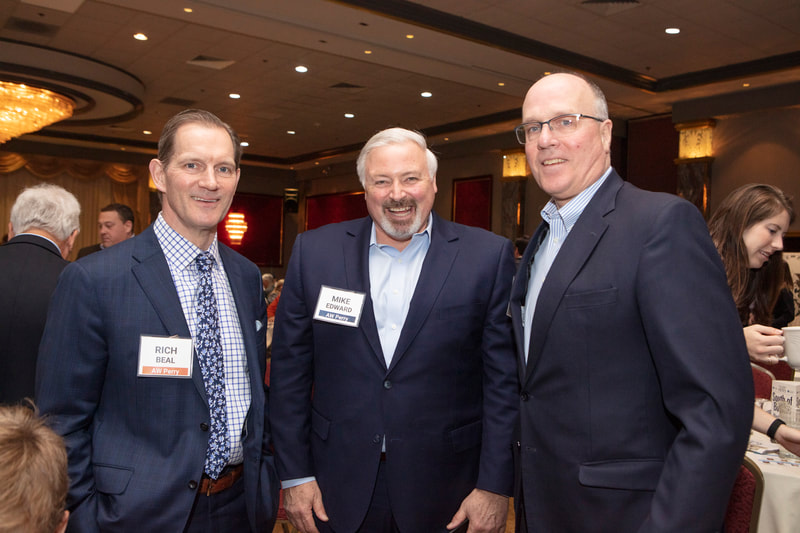
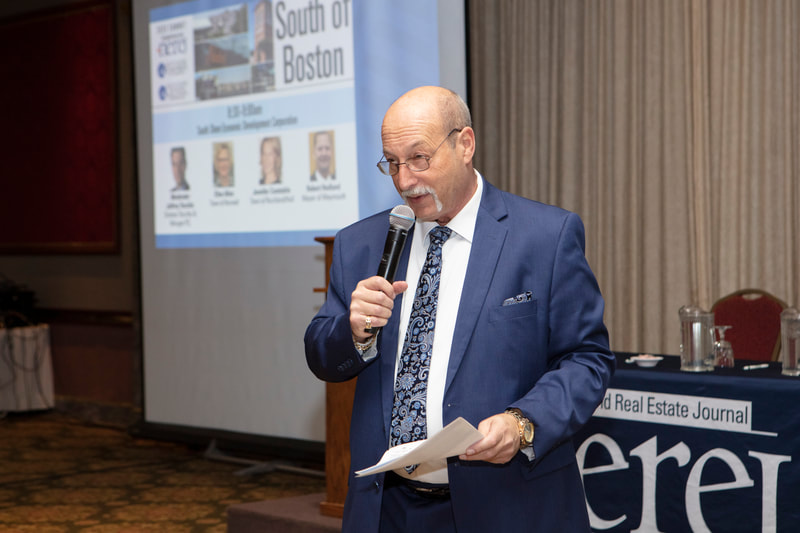

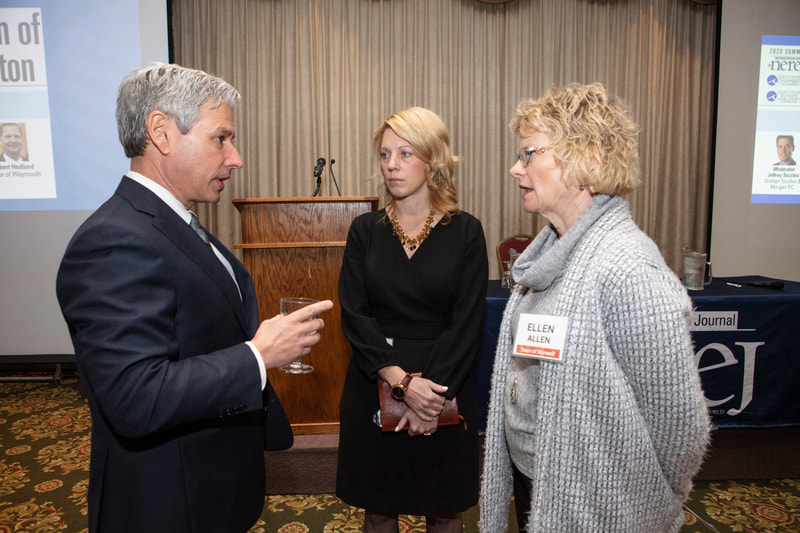
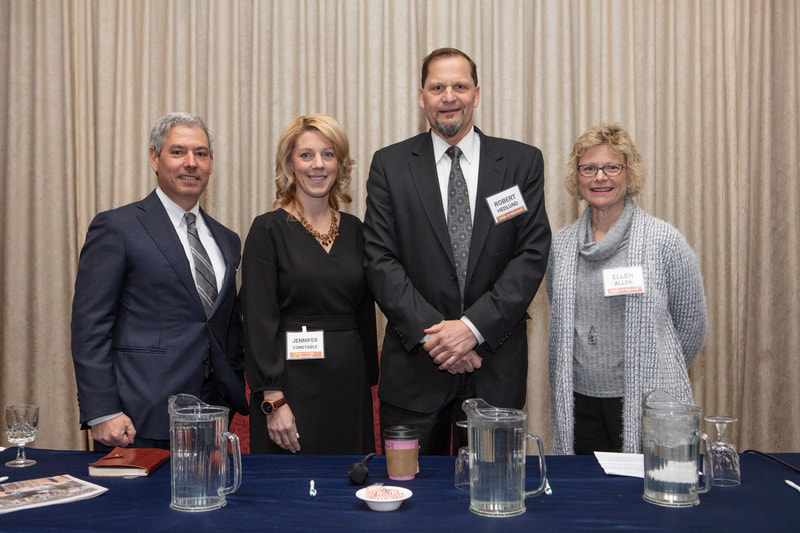
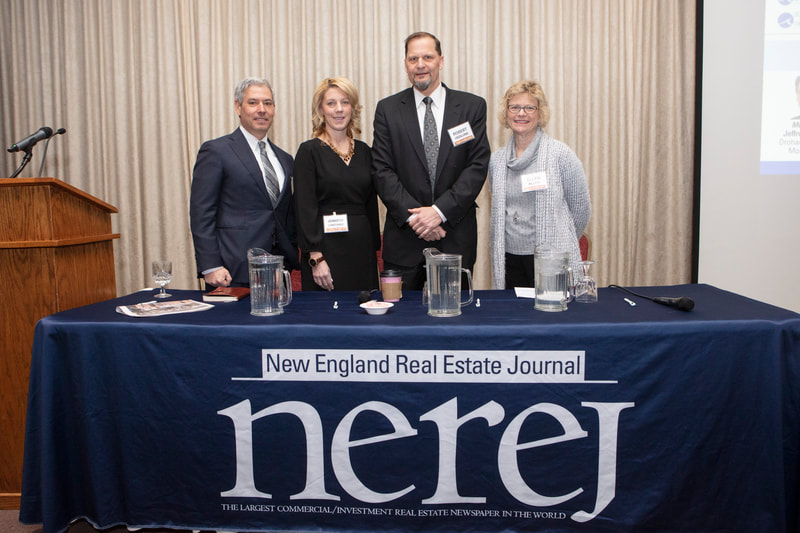
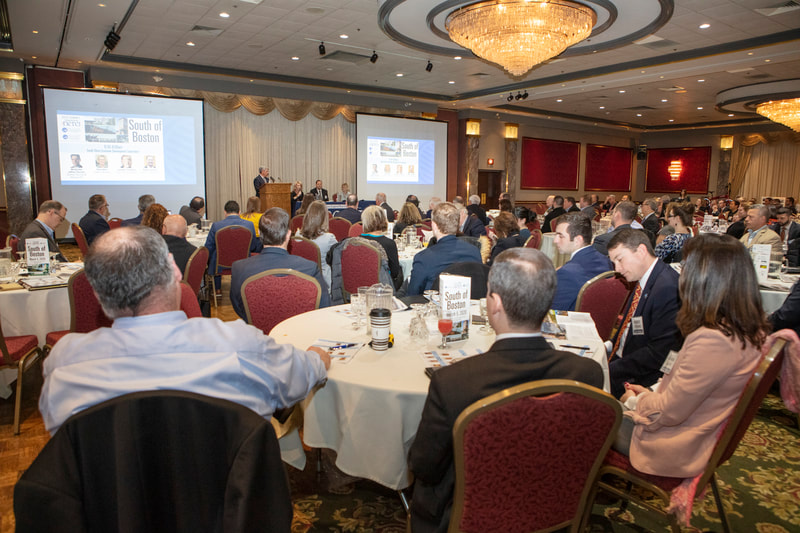



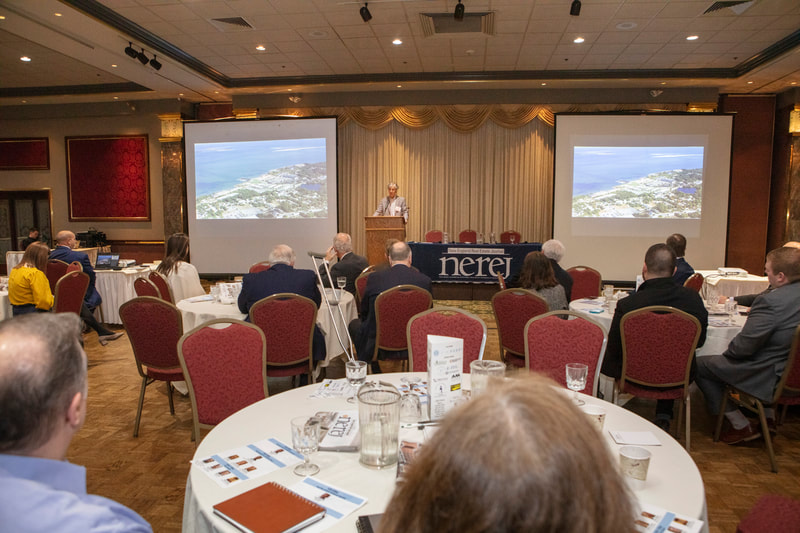
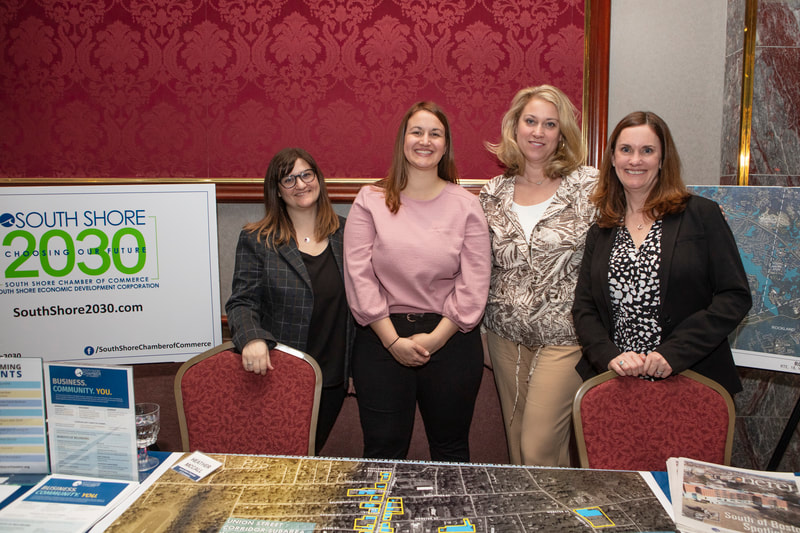
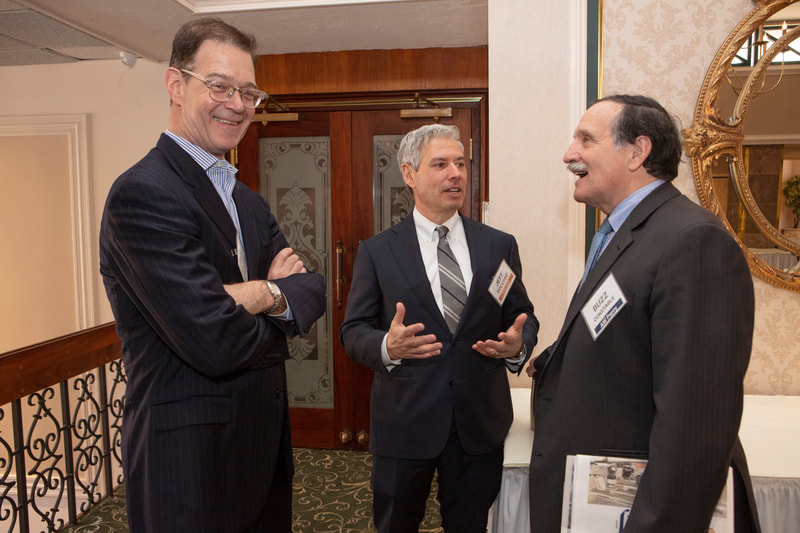

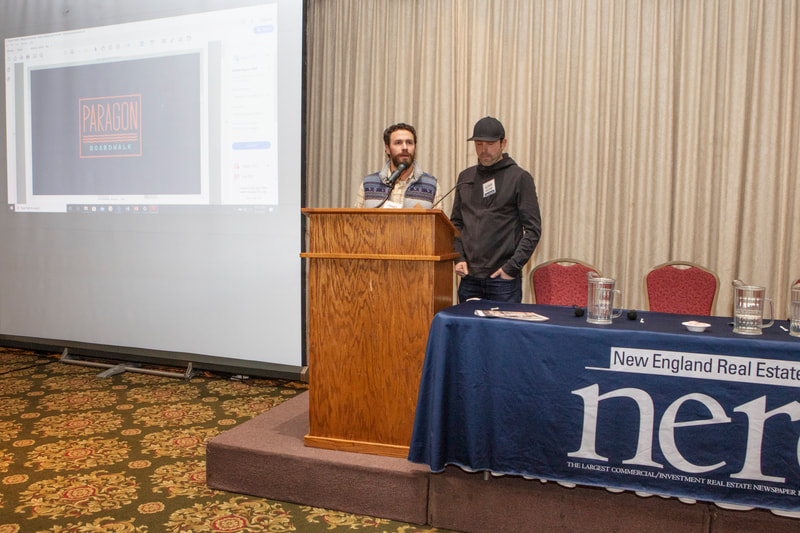


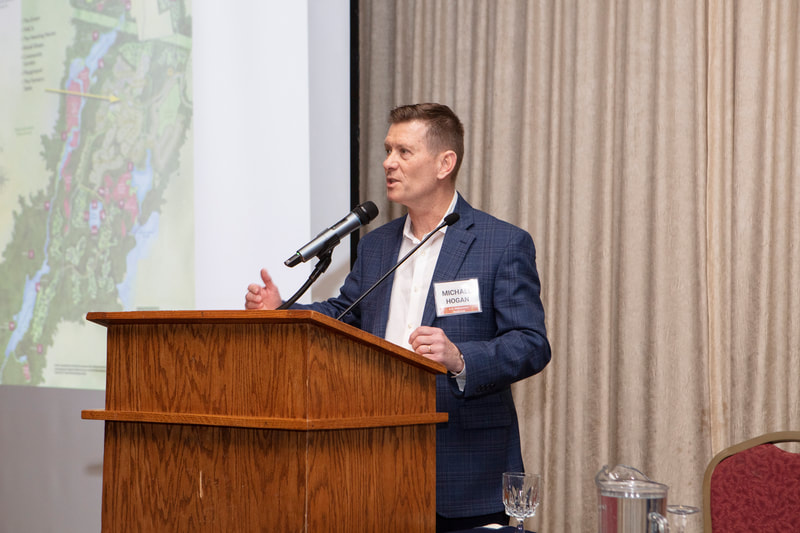
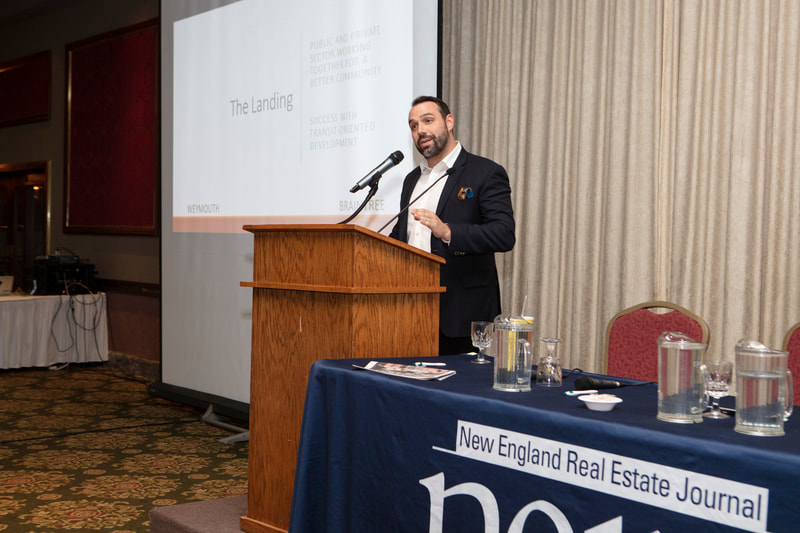
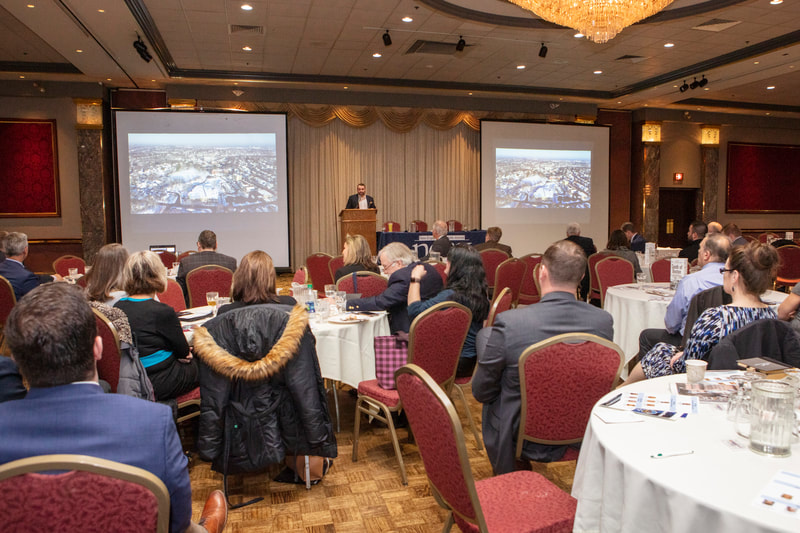

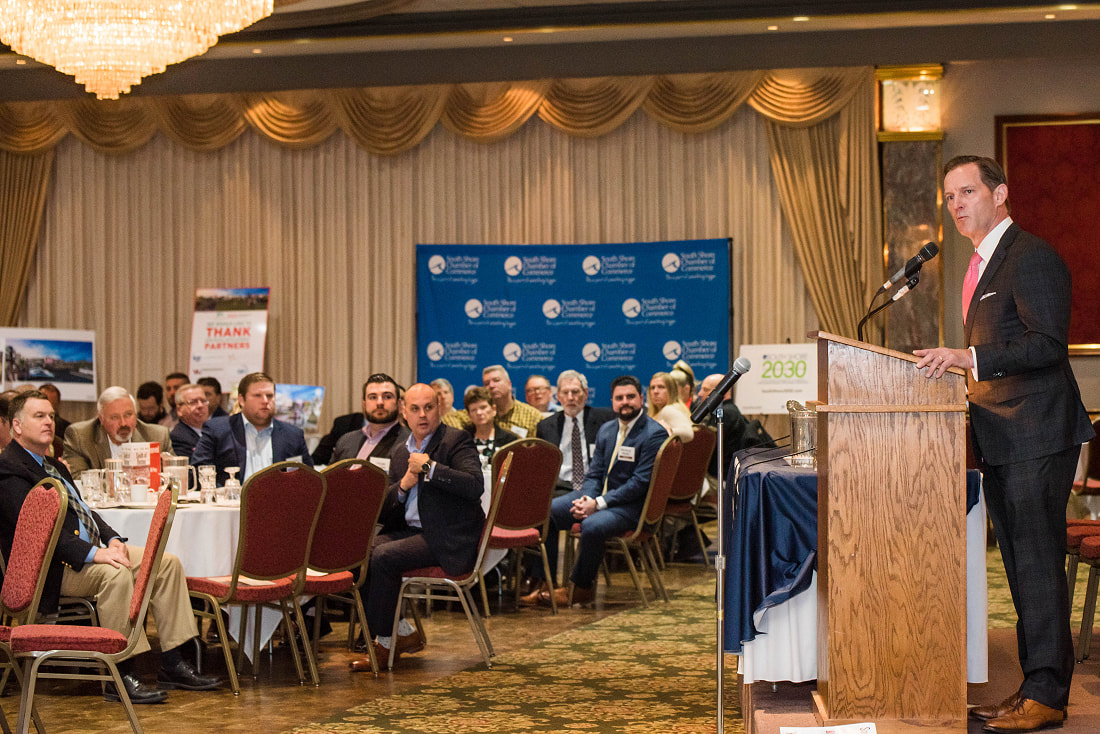

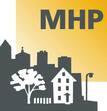


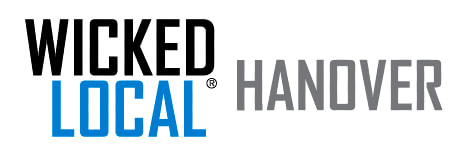

 RSS Feed
RSS Feed
